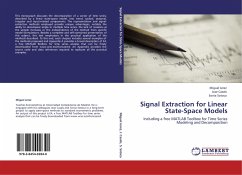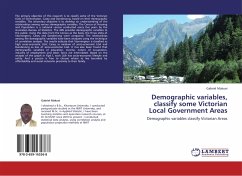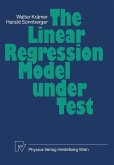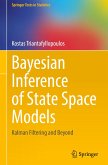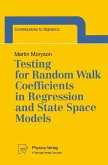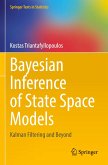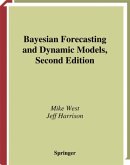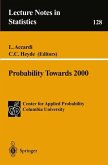This monograph discusses the decomposition of a vector of time series, described by a linear state-space model, into trend, cyclical, seasonal, irregular and input-related components. The representation and signal-extraction methods employed provide unique advantages, notably the ability to decompose single or multiple time series, the lack of revisions as the sample increases or the independence of the method from specific model formulations. Besides a complete and self-contained presentation of this subject, this text emphasizes in the practical application of the methods described. To this end, each chapter includes several examples of the methods proposed and Appendix A provides a broad description of E4, a free MATLAB Toolbox for time series analysis that can be freely downloaded from www.ucm.es/info/icae/e4. An Appendix provides the source code and data references required to replicate all the practical examples.
Bitte wählen Sie Ihr Anliegen aus.
Rechnungen
Retourenschein anfordern
Bestellstatus
Storno

